Many of us find meaning in who we are, where we come from, what we do for a living, or where we live. The list is long and we try to squeeze that significance, or the best of us, into our 140-character bio. We label ourselves, we are labelled by others, and our cultures tells us to find and express ourselves. It’s all quite confusing, disorienting, and we are left clinging to mishmash of views or stories about ourselves. This mosaic forms our identity.
My family moved to Lisbon, Portugal a two weeks after I turned eleven. Upon arrival we had to go through a long processes of becoming legal residents. We had just landed in a beautiful country we knew hardly anything about. They spoke a language we didn’t know and everything operated in a rhythm of life with deep currents we weren’t privy to. All this was an exciting adventure for an eleven year old until it came time to stand in line at the immigration office.
The line grew from the office down stairs and around the block. We were standing there with Eastern Europeans, Africans, and South Americans. I had spent my entire life feeling at home. This was the first time I didn’t. Etched into my identity from that moment on was the label “Estrangeiro” — stranger, foreigner. It became an identity I that shaped many of my actions and thoughts as something I was ashamed of and wanted to compensate for and as something I was proud of and committed to. The event of moving to Portugal changed me.
The Gospel is Personal
The gospel doesn't simply transform our minds and hearts in our belief, the gospel changes who we are. The gospel is personal. The historically rooted, world changing news of Jesus makes you new. The gospel changes your identity and your character.
The Gospel Changes Your Identity
We are Now Sons and Daughters of God
The Scriptures describe a transformation from Orphan to Son or Daughter of God. We are adopted into the family of God by God’s grace. Though we were once alone and estranged from our father in heaven, God relentless sought to bring you back into the family. The New Testament calls believers in Jesus heirs—sons and daughters of God, brothers and sisters in Christ. No longer do we live as orphans in this world left to control, manipulated, and grasp for security admits chaos. We now receive the blessing and position of being God’s beloved.
We are Now Free Friends of God
The New Testament is also straight forward in the transformation from slave of sin to liberated friend of God. The gospel is the message that we have now been purchased, ransomed, and liberated from the power of sin by Christ’s death and resurrection. The gospel liberates us from the identity of slave in this world to free-man. Sitting around the table with his disciples as he prepared for his death, he speaks eloquently to those who have followed his ministry most closely: “I no longer call your servants, I know call you friends.” Jesus came to establish friendship between us and God. His death is the way for us to be reconciled and freed in to be in union with Christ.
We are Now Citizens of the Kingdom of God
From Refugee to Citizen of the Kingdom of God. We were once of the kingdom of darkness, aliened and estranged from God. Now have been transferred into the kingdom of glorious light. No longer do we scavenge for a place in this world. No longer are we resigned to being our own king. Instead, we have found our home in Jesus our king and our lives are shaped by life in his kingdom of compassion, grace, forgiveness, love, and hope.
Brad Watson is one of the elders at Soma Culver City. Brad and Mirela help lead the downtown Culver City missional community. He is the author of multiple books including Raise? Finding Jesus by Doubting the Resurrection. He has a masters in theology from Western Seminary.
